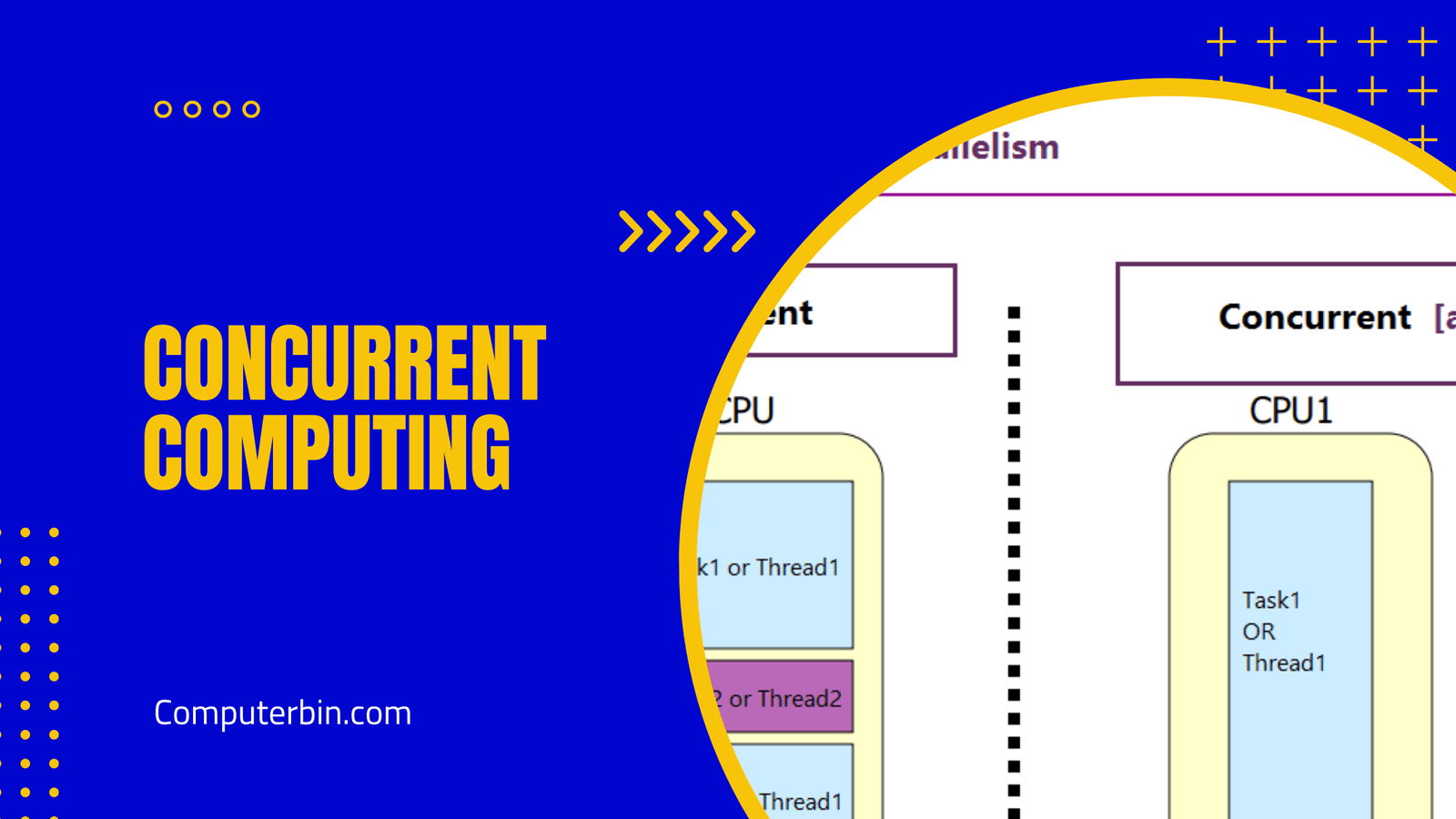An expansion slot is a receptacle socket present on the mainboard’s surface that is purposefully taken into use for inserting and plugging expansion cards such as sound cards, video cards, and network cards, etc for adding extra usability to the computer.
Expansion slots are also termed as Bus slots, expansion ports, etc. The expansion slot acts as a connectivity port on the computer’s motherboard or on the Riser Cards. The expansion slots offer to download and install sites for the hardware and external peripherals which are to be connected.
The expansion cards which are to be affixed into the expansion slot, have an edge structure on them that gets firmly fixed into the slot. The edge connector suits exactly into the expansion slot and in addition to a series of contacts this is developed to set up an electrical connection among the motherboard and the system components at the card, which are usually incorporated circuits.
The expansion cards are also referred to as expansion boards, adapters, or accessory cards, etc.
Expansion cards permit the availabilities and interfaces of a laptop gadget to get modified to the work it is asked to perform. For instance, a high-pace multi-channel data accession gadget could be of little need to a PC that is used for data storage. however, it is probably a key part of a gadget that is used for commercial procedures only.
Talking more about the expansion cards, they can sometimes come preinstalled (already installed/available in the slot) but sometimes you would need to add them by yourself. The expansion cards enable a group of users creations for some predecided functions only whereas some of the expansion cards are considered as the daughterboards which are basically a smaller component of the motherboard or you can consider them the small electrical pathways or small chipsets which are present on the motherboard itself and help in the overall functioning of the system.
Types of Computer Expansion slots
The list given below is of kinds of expansion slots that are commonly seen in computer systems and other electronic devices which are provided with expansion slots.
- AGP – Video card
- ISA – Network card, Sound card, Video card
- AMR – Modem, Sound card
- CNR – Modem, Network card, Sound card
- PCI – Network card, SCSI, Sound card, Video card
- PCI Express – Video card
- EISA – SCSI, Network card, Video card
- VESA – Video card
The expansion slots mentioned above are the ones that are mostly seen in the motherboards of the computer systems and other devices. Some of the slots mentioned here are quite outdated as compared to others like the AGP, PCI, etc.
How to know how many expansion slots are there in your PC?
If you also have this doubt of knowing that what sort and type of expansion slots does your PC’s motherboard possesses then you can definitely follow the below-given steps.
First of all, you need to understand that every motherboard is different from others. So, in order to identify the type and number of expansion slots you have on your motherboard, you must first need to identify your motherboard.
What motherboard do I have? (How to know)
- Identifying Motherboard
- Identifying motherboard’s model number or make.
- Figuring through the image
Look at the below-given picture to understand how the expansion slots look and where are they really present on the motherboard
Some extra expansion slots can be taken under use for the obsolete motherboards where the expansion slots are not present in ample amount or are already occupied, at this stage you can make use of the riser boards which can greatly aid you in providing several ISA and PCI slots and thereby improving the usability of the motherboard.
The modern motherboards rarely require any help of the riser boards as everything comes pre-installed in them and which is ample and adequate for their usage and expandability purposes.





